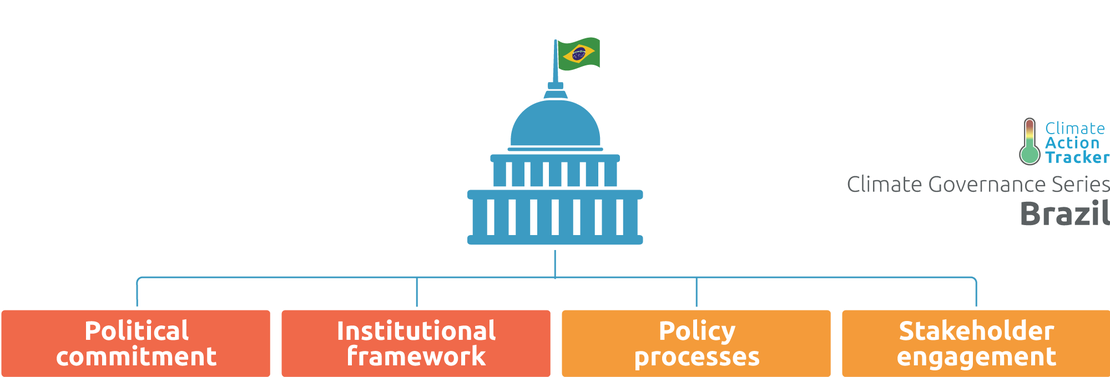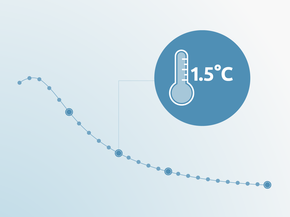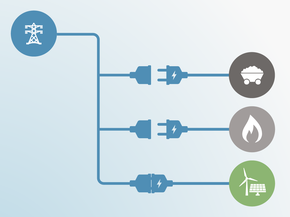Governance

Climate Governance Series
In February 2022, the CAT released its assessment of Brazil's climate governance readiness. A summary of the report is below. The full report is available here.
Assessment of national level readiness
Environment and climate action are not priorities for President Bolsonaro and his administration; on the contrary, his government has undermined or even completely reversed many previous achievements such as policies, institutional structures and laws. A record deforestation rate is only one of many negative consequences of these measures.
Despite the president’s recent announcements that appear to go in the right direction, such as the goal of “climate neutrality” by 2050 or the end of illegal deforestation by 2030, the credibility of these goals remains in question, as they are not backed by concrete short-term and ambitious measures. The federal elections scheduled for October 2022 could bring about a change in policy, as many opposition parties consider climate and environmental protection important.
In Brazil, there are structures for coordinating across the federal government and with sub-national governments, but they are not always effective, partially because the current government has weakened functioning processes. This has also led to relatively low levels of mainstreaming of climate-related policies across ministries, and coherence between sectoral policies and national strategies. Despite the federal government’s dismissive attitude towards climate change mitigation measures, various states and cities have increased their commitment to climate action in recent years.
Brazil has years of experience in raising funds for climate action, both internationally and nationally, and has even established its own climate fund. However, both the number of funding sources and the overall budget for environmental and climate issues have been greatly reduced in recent years.
Brazil was one of the first countries in the world to pass a law that defines and regulates national measures and targets for climate action back in 2009, although its effectiveness has been limited, partly because of the unambitious emissions reductions target. A “climate neutrality” target for mid-century has been announced, but is not anchored in national legislation, and short-term sectoral measures planned do not indicate that they are geared towards this goal.
While there is a comprehensive and functioning transparency framework in place, the effectiveness of the review mechanisms related to the implementation of transition-related policy is minimal. Analysis of the evolution of Brazil's NDCs also indicates that there is no effective ratchet-up mechanism.
Overall, national efforts to create and disseminate public knowledge about climate change and the transition to a zero-emissions society can be greatly improved, especially under the government which has reduced or weakened existing services or channels. When it comes to engaging non-state actors in transition-related activities, it is crucial to take into account the need for a Just Transition. However, neither of these elements is a priority for the current government.
There is no lack of scientifically sound analyses about measures and pathways towards a zero emissions society in Brazil. But this does not change the fact that the country seems to be divided on climate change issues. When it comes to the influence of interest groups on politics, however, the picture is clear: the government usually suppresses the influence of environmental groups, and the influence of agribusiness or the fossil fuel industry is considerable.
Further analysis
Latest publications
Stay informed
Subscribe to our newsletter






